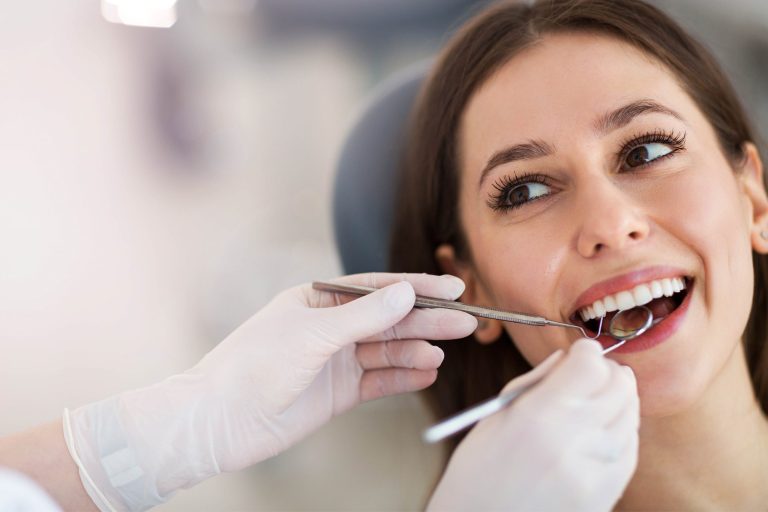Dental infections can lead to extreme pain if not treated in time. The only way of ending this pain is by assessing and treating the same. Today we are going to discuss some common causes of dental infections and their consequences so that you can take timely action for preserving your oral health.
- Poor Dental Hygiene
Poor dental hygiene is one of the biggest triggers of bacteria growth inside our mouth. Bacteria require a conducive environment for their growth and food particles accumulating in the mouth can add greater inertia to the same. Growing bacteria can eke itself in your soft dental enamel and develop a colony over time. Our teeth enamel gets corroded leading to tooth discoloration and dental carries. Bacteria initially works in silence. But it becomes hard to reverse the damage once it is done already. Damaged tooth offers the perfect playing field for bacteria and similar infections to thrive while attacking your dentin, enamel, pulp, and bones.
- Advanced Caries
Bacteria present in our teeth is infamous for producing acid and causing tooth decay. The acid erodes the enamel over time for destroying the tooth. Our dental nerves get affected by tooth decay and can yield painful results. Caries is a multi-factorial and contagious dental disease that can cause premature tooth loss if not treated in time. A simple filling is enough if only the dentin or enamel of the tooth is affected by caries. However, you need to undergo a root canal or endodontic treatment if your dental nerve is affected by caries.
- Gum Disease
Gingivitis refers to a gum inflammation caused commonly by tartar accumulation. Tartar refers to calcified bacterial plaque which might not be removed over time. Untreated gingivitis causes periodontitis leading to premature loss of teeth. Bacterial deposit leads to these two diseases and is accompanied by inflammation. Not taking timely action can worsen the infectious process. A periodontal abscess is caused by periodontitis in extreme cases and can be detected by sensitivity, swelling, and redness of the gum.
- Trauma
Accidents can cause your tooth to get knocked out leading to a fracture or crack. Dental fissures can be assessed by visiting a dental clinic wherein your tooth might be restored. Doing otherwise can make your tooth more vulnerable to caries. Dental fracture at the sub-gingival level makes it imperative to get a tooth extraction. If the dental fracture occurs at the supra-gingival level, then you need to restore it at the earliest.
- Pulpitis
Pulpitis refers to tooth pulp inflammation which occurs once tooth decay reaches your nerves. At times it can also be triggered by tooth fractures or trauma. The most common symptom of pulpitis is moderate to shooting pain on drinking cold liquid.
- Wisdom Teeth
Bacteria and food particles might get inside the gums partially covering your wisdom teeth causing pericoronitis infection. This is most common following the eruption of the third molar and is accompanied by redness, pain, and infection around the unfinished wisdom tooth.
Final Words
These infections mostly occur due to an increase in bacteria as an aftereffect of various pathologies or oral causes. Untreated mouth infections can lead to the destruction of the jawbone and tooth loss. Over time, the infection might spread to the alveolar bone and adjacent teeth. You can book an appointment with the emergency dentist for treating the dental infection at the earliest. Brushing your teeth twice a day and regular flossing can keep oral infections at bay. Often, we feel too lethargic to brush before bedtime. But doing the same offers oral bacteria with a field day of 8 hours which is enough for getting the damage done even when you brush the next morning.
















